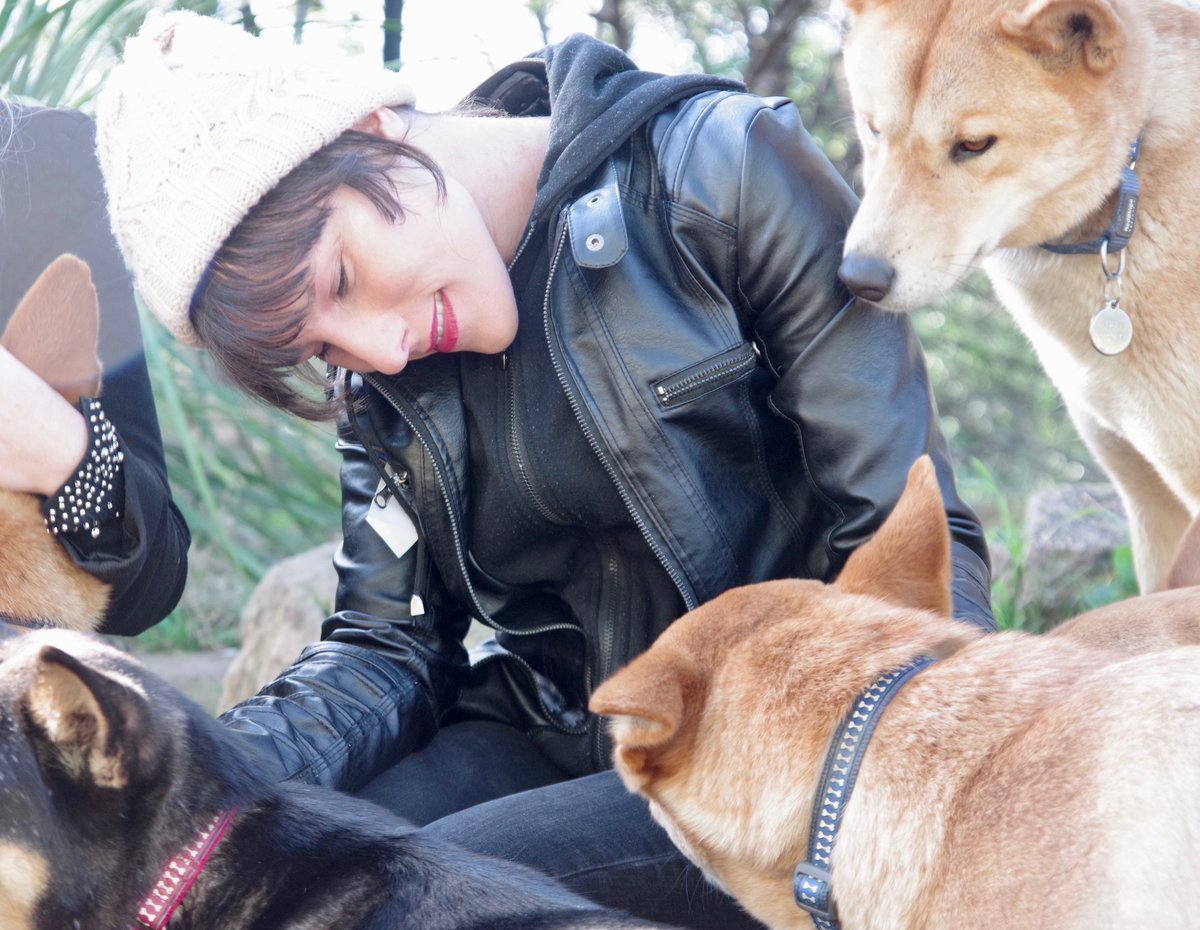
Like a certain singer-songwriter who's hit the global headlines, Elena Filipczyk was diagnosed with autism as an adult. Elena explains why she and others haven't forgiven Sia for misrepresenting their community.
This week, Australian pop singer Sia Furler revealed she is autistic. Speaking to Rob Has a Podcast, Sia quite casually mentioned she is "on the spectrum" – a term which, it's appropriate to point out, is shunned by many autistic advocates for a variety of reasons.
Sia's autism diagnosis comes two years after her directorial debut, Music, a film about a non-speaking autistic teenage girl, was widely criticised by autistic viewers. The musical drama was condemned for its "autistic" protagonist being played by a neurotypical actress, and also for a scene in which the titular character is held face-down during a meltdown in a form of restraint that is potentially fatal.
Watch: The official trailer for Music, directed and produced by Sia. Post continues after video.
After Music was nominated for two Golden Globes, Sia tweeted an apology to the autistic community for the film, but later deleted her Twitter account altogether.
Unsurprisingly, reaction from the autistic community this week following the news that Sia is autistic has been instant, with many arguing that the singer's diagnosis doesn't excuse her past actions (and inactions).































































































